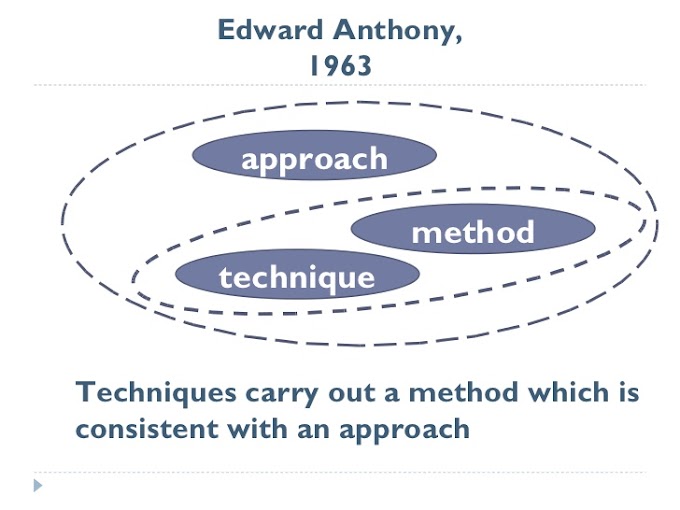 |
| Contribution of Shakespeare in English Drama |
The Elizabethan Period is regarded as the Golden Age of drama. It is no exaggeration to say that the Elizabethan drama is the supreme achievement of the genius of the English race. Only the Greek ancient drama can be compared with it. It can offer only a close parallel to it.
It is composed of the works of supreme geniuses like Aeschylus, Sophocles and Euripides. Yet in sheer splendour and intensity, Elizabethan drama stands supreme and unapproachable. It is also superior to the other of the same type in range and variety. It is distinguished with its special trends from the dramas of the other ages.
Before the Elizabethan dramas, we get the Miracle, Morality and Mystery plays. Such plays were written for religious purposes. Then we get Nicholas Udall's “Ralph Roister Doister” which is regarded as the first comedy in English literature. Gorboduc by Norton and Sackville is considered to be the first tragedy.
The Elizabethan dramas may rightly be compared to a web of many colours. A host of great Elizabethan dramatists was in the task of weaving this complex and many-coloured web. Kyd, Marlowe, Greene, Lyly, Peele, Ben Jonson and others were remarkable. They wrote tragedies, comedies, tragi-comedies, revenge plays melodrama etc.
Many of them were of real genius but they were unlucky in their time. Being born in the Age of Shakespeare, they had been eclipsed and overshadowed by the blinding light. Because Shakespeare was the great miracle of genius.
Shakespeare came in the ripeness of time when the English drama had needed a supreme genius to give it direction and energy. He found the raw materials of the English drama in a mess. But by his supreme powers, he turned them into finished products. He turned the baser metals into gold. He was no conscious innovator or theorist on the drama. He took the drama as a thing of unsouled forms and lacklustre eyes, all brainless and meaningless. But by his supreme genius, he informed its shapes with grace and virtue.
He breathed life into it and the drama was reborn. This is what his genius had done for the Elizabethan drama. He made it a thing of beauty and hence a joy forever. Herein lies the distinctive quality of his creative genius.
The wide range and variety of Shakespearean plays is almost bewildering. Shakespeare was, indeed, not of one mind but myriad minded. He was not of one an age, but of all time. He was not of a land but of all lands. The diversity of the materials and themes of his plays is astonishing. He might well say nothing human is alien to me.
In twenty years of his dramatic career, he has written thirty-seven plays which are the permanent treasures of English literature. Their appeal is universal. They have not been stalked by time or custom. In them, his catholic and capacious mind ranged freely over distant times and places. It brought materials from a wide range. By his art, he had treated them giving them life, beauty and power. His gallery of portraits is vast and varied Shakespeare has touched every mood, every passion and thought of the human mind.
He has also made us familiar to them. In the words of Matthew Arnold,
He has also made us familiar to them. In the words of Matthew Arnold,
“All pains the immortal spirit must endure,
All weakness that impairs, all griefs that bow
Find their sole voice in that victorious brow”
There is, as it were, God's plenty in his world of men and women. Nay, he is not confined to the world of men only. Graves have opened their mouths at his bidding and belched forth their inmates. Ghosts, fairies, witches- denizens of another world than ours often come into his plays and mingle with the world of men. He has
painted them with a delicacy of touch and a psychological imagination. They are wonders forever.
In form, too, the plays show an astonishing variety. They correspond to and overflow every dramatic classification hitherto known-national history, tragedy, comedy, romantic and fairy plays. But these categories do not suffice to show their variety. Even within one species, he has rung infinite variations, making the classification hopeless, misleading and arbitrary.
His comedies often shade off into the tragic by insensible means and there is every degree and variety of tragic and comic interest, exhibited in rich profusion in one single play. There are the tragi-comedies, dark comedies, problem plays etc. in the same group, broadly called comedies. His tragedies, too, are rich in their variety. All current patterns of tragedy he took up and touched to gold.
Hamlet is a revenge-tragedy of the popular tradition but in his hand it receives an apotheosis and becomes one of the marvels of psychological tragedies. His last plays, called romances are a unique creation in their dramatic contents, style and technique. He shows equal aptitudes and skill, imagination and knowledge of human in poetic has beautifully put it. An eminent critic says,
“Shakespeare is never found twice as the same point. It is as though he has sworn in his youth to experiment in construction of the most varied kinds and in the highly contrasted moods."
It is this endless variety and vitality of his plays that gives him such a unique place in world literature.




0 Comments